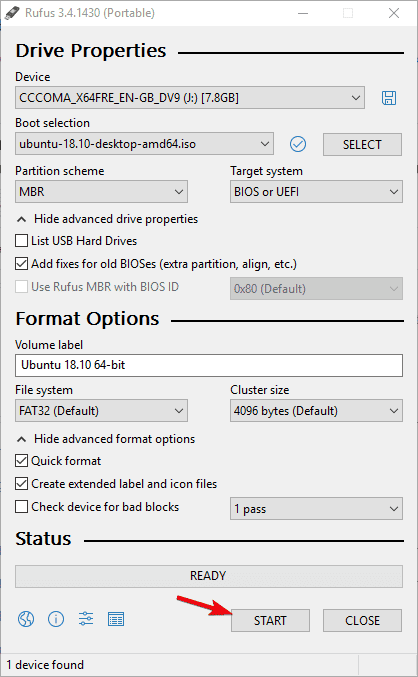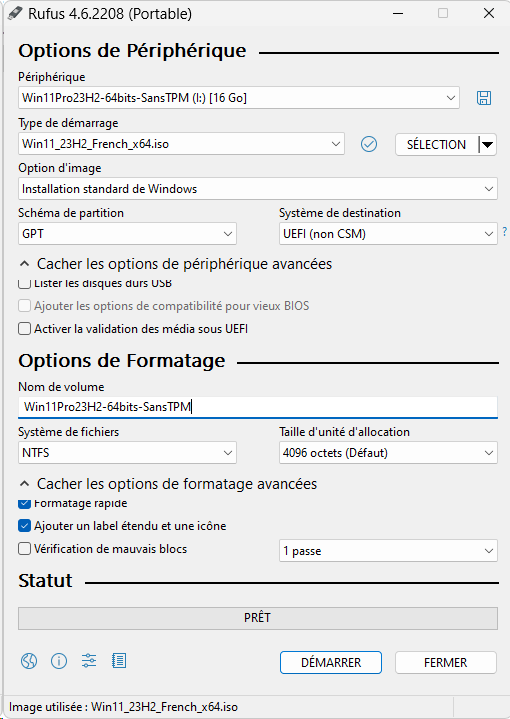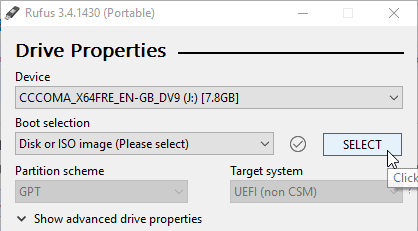

The name Alexander is obviously reminiscent of Alexander the Great, who not only conquered the world but also "converted" it to Aristotle's philosophy. Here at Abarim Publications we surmise that Simon represents Cyrene-based Jewish intellectual resistance against Roman totalitarianism, and his sons Alexander and Rufus similar movements in the Greek and Roman worlds respectively.

In our article on the name Cyrene we show how Cyrene was home to an extensive Hellenistic and Jewish learning center. In fact, to the occupied nations of the Roman empire, the gospel of Jesus Christ was nothing short of a manifesto of peaceful resistance against Roman totalitarian rule and its insane imperial cult - read our articles on Onesimus and Pilate for a more detailed discussion of this. The New Testament is riddled with a kind of literary code that allowed Christians to transmit sensitive data hidden in plain sight ( Ephesians 5:19, Colossians 3:16).

And why were Rufus and his mother in Rome and not in Cyrene (or Jerusalem)? And finally, why did Paul add a long list of howdies to folks all over the eastern Roman empire to a letter he was sending west to Rome? Why indeed would Paul have sent such an incriminating list of the personal names of illegal Christians quite literally into the lion's den? However: the name Rufus was a very common Roman cognomen (a formal nickname) and it wouldn't have been too difficult to find two of them between Jerusalem and Rome, also since there are roughly 25 years between the crucifixion and Paul's letter to the Romans.


 0 kommentar(er)
0 kommentar(er)
